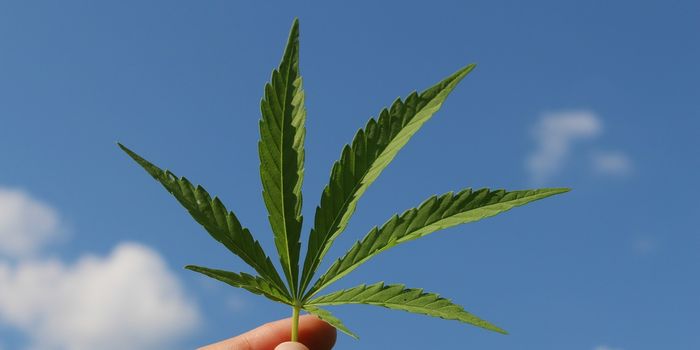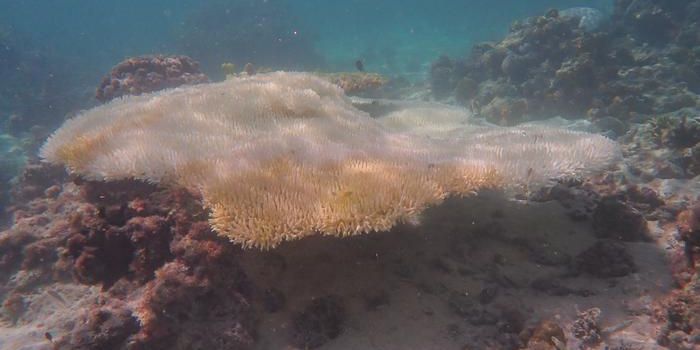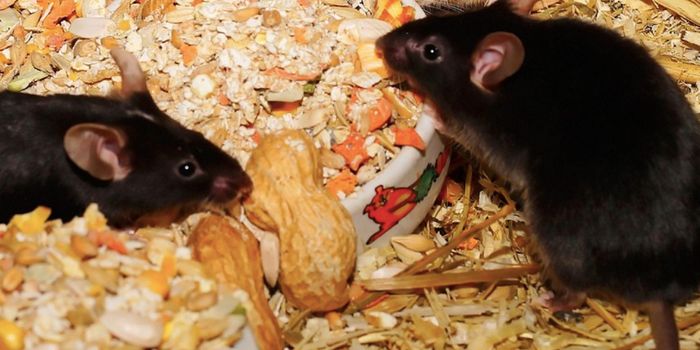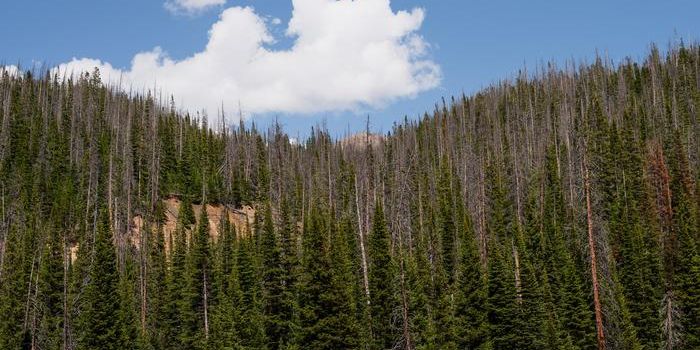Polish Zoo Puts an All-White Penguin on Display
A new African black-footed penguin was just recently put on display at Poland’s Gdansk Zoo for park visitors to look at, but unlike the rest of the penguins in the animal enclosure, this one sticks out like a sore thumb.
Image Credit: Maciej Kosycarz / AFP / Getty Images
As shown in the image above, the newest addition is a snow-white albino penguin with very little black anywhere on its body. A few small dark specks appear on the chest and around the tail region, but these appear to be dirt remnants picked up from walking around the enclosure.
The animal otherwise lacks the traditional black-and-white ‘tuxedo’-esque markings that a penguin of this type would generally exhibit. Natural discolorations in the limbs and eyes denote that the animal is indeed albino and not leucistic, a condition that is often confused with the other.
Related: Officials rescue a leucistic orangutan in Borneo
A video showcasing the albino penguin and the rest of its enclosure mates can be seen below:
The bright white penguin was purportedly born three months ago, but zoo staff wanted to ensure that the animal was healthy enough to be put on display before putting it in the enclosure with the rest of the penguins for the public to see.
Staff have not yet determined the animals’ gender, and so it hasn’t yet received an official name.
Related: A rare albino gray whale has been observed in the wild for the first time in years
This is said to be the only known albino penguin in captivity, but according to zoo staff, it’s a positive outcome that the animal wasn’t born in the wild. The flock often rejects albino penguins and leaves them vulnerable to predators; to make matters worse, the albino penguin necessitates special care to prevent disease because it lacks a black pigment.
Given the circumstances, the zoo has chosen to keep the albino penguin safe by raising it in captivity rather than releasing it. The decision, made on ethical grounds, ensures that the animal will live a long and healthy life instead of facing tremendous challenges on its own in the wild.









